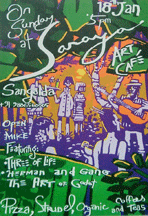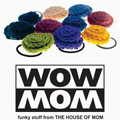
Bacon is any of certain cuts of meat taken from the sides, back or belly of a pig, cured and possibly smoked. There also exist imitations of bacon made of other meats: "turkey bacon", "beef bacon", etc. Bacon is generally considered a breakfast food, cut into thin slices before being fried or grilled. It is also a commonly used ingredient in other cooking, valued both as a source of fat and for its flavour.

A side of unsliced bacon is a flitch or slab bacon, while an individual slice of bacon is a rasher (UK, Ireland and Australia) or simply a slice or strip (North America). Traditionally, the skin is left on the cut and is known as bacon rind. Rindless bacon, however, is quite common. In the United Kingdom and Ireland, bacon comes in a wide variety of cuts and flavours whilst bacon in North America is predominantly what is known as "streaky bacon", or "streaky rashers" in the UK and Ireland. Bacon made from the meat on the back of the pig is referred to as back rashers and is part of traditional British and Irish breakfasts.
In recent years in North America, pre-cooked bacon, which can be heated in the microwave oven for a few seconds and then eaten, has become a popular alternative to traditional bacon. Pre-cooked bacon, under USDA definition, is bacon which has been cooked to a finished yield of 40% or less. In other words, if 1 pound of raw bacon is cooked to 0.4 pounds or less, then it may be labeled as fully cooked bacon. Most pre-cooked bacon is considered shelf stable (may be stored safely at room temperature) because the water activity is low enough to prevent the outgrowth of pathogenic organisms.
There also exists a product called "Turkey Bacon", which is made from turkey, and is typically more lean than traditional pork bacon. New Zealand's Tegal chicken company has also launched a lean "Chicken Bacon", which is cured smoked chicken that tastes similar to bacon, but has significantly less fat and sodium.
| < Prev | Next > |
|---|
















